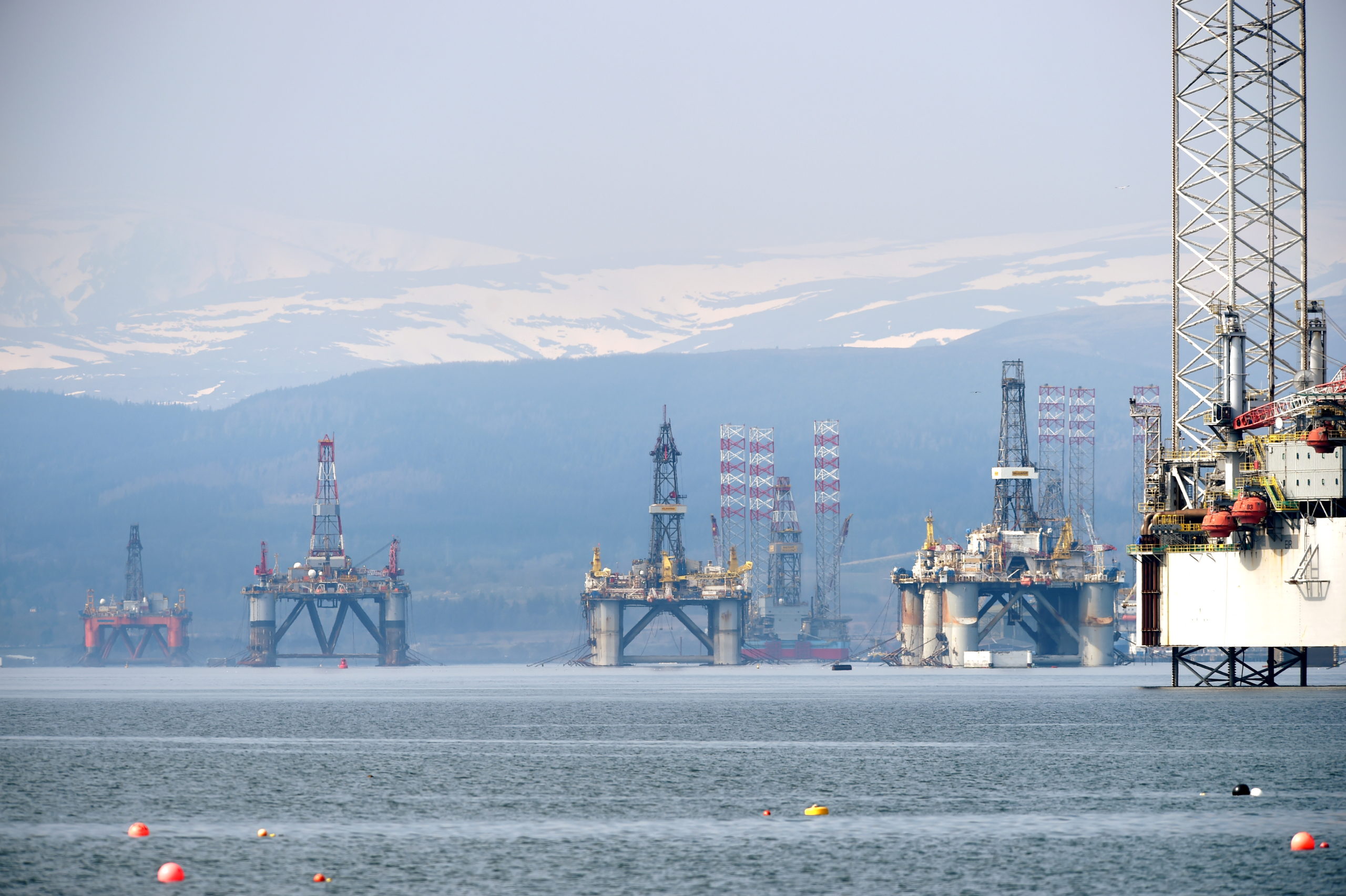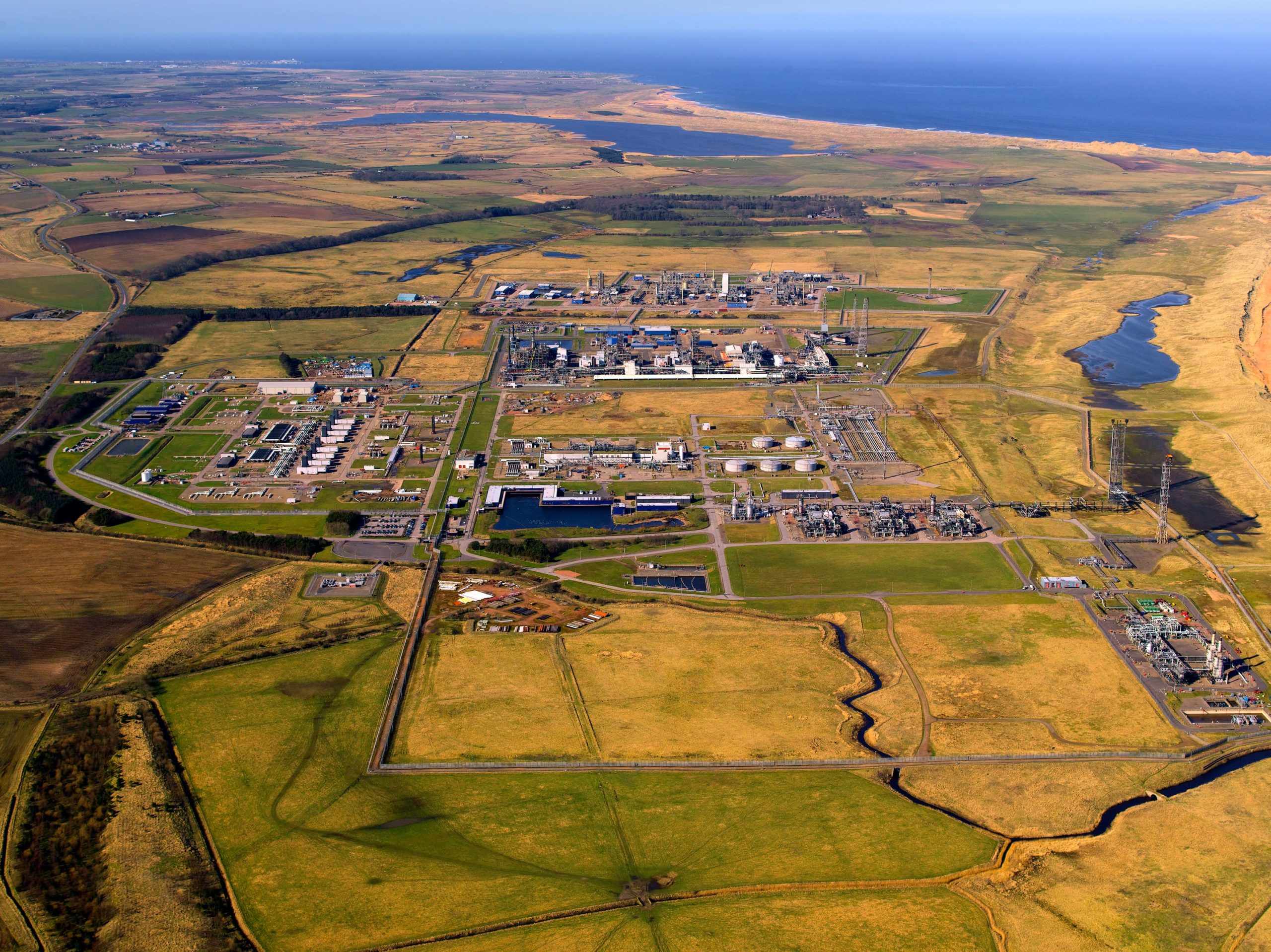
A landmark £16 billion deal has given the North Sea oil industry a huge boost in its quest to transition to a low-carbon future.
But the sector faces a tougher task convincing ministers to let companies keep searching for new oilfields.
The UK Government today granted the industry its wish for a North Sea Transition Deal which will protect thousands of Scottish oil jobs in exchange for new commitments to slash emissions from offshore activity.
Checkpoint system for licensing rounds
Westminster also confirmed that it would not ban exploration licensing rounds, contrary to suggestions in media reports last week, and much to the relief of oil and gas producers and north-east supply chain companies.
However, future licensing auctions will be subjected to far greater scrutiny through the introduction of a “climate compatibility checkpoint”.
This system of checks and balances will ensure future rounds do not jeopardise UK climate change goals.
It will be used to weigh up domestic demand for oil and gas, projected production levels, the sector’s progress on emissions reductions and the growth of clean technologies before each licensing round.
A decision would then be made on whether further exploration is needed.
“If the evidence suggests that a future licensing round would undermine the UK’s climate goals or delivery of net zero, it will not go ahead,” according to the government.
It will design and implement the checkpoints by the end of 2021 “through extensive engagement with a wide range of stakeholders”.
In addition, the UK Government will no longer provide taxpayer funding for supply chain export activities that support overseas fossil fuels projects.
But it has agreed to a one-year grace period for small businesses to help them adjust – and to a “guarantee” that oilfield service firms with “credible” transition plans can still receive backing.
Cash for hydrogen, CCS and electrification
The decisions on licensing and export finance followed separate consultations and coincided with the announcement of the transition deal.
The government claimed the package of measures would cut pollution by up to 60 million tonnes by 2030, including 15m from North Sea oil and gas production, while supporting up to 40,000 jobs across the supply chain.
Industry leaders hailed the deal as the start of an “exciting new chapter” for the North Sea, in which the skills of Scottish oil and gas workers and companies play a key role in the energy transition.
Critics said the “devil would be in the detail” and that it was “deeply regrettable” the agreement arrived a year after the sector was left reeling by a devastating oil price rout, partly caused by the Covid outbreak.
This double whammy weakened an already fragile supply chain and has led to more than 10,000 North Sea job losses.
Through the new pact, government and industry will together invest up to £10bn for hydrogen production, £3bn for carbon capture and storage and £3bn for platform electrification by 2030.
This involves powering North Sea oil and gas installations using renewable electricity supplied from shore via cable, or from offshore wind farms, rather than gas turbines installed on the platforms.
In a show of its green credentials, the UK oil industry will abide by new interim targets for emissions reductions.
Last year, North Sea companies vowed to cut their emissions in half by 2030 and to net-zero by 2050.
As part of the deal, early targets to reduce emissions by 10% by 2025 and 25% by 2027 have been added.
In addition, the sector has “voluntarily” pledged to ensure that half of its offshore decommissioning and new energy technology projects will be provided by local businesses by 2030.
Furthermore, an “industry supply chain champion” will be appointed to help coordinate job opportunities with other sectors, such as carbon capture and offshore wind.
North-east’s future as low-carbon centre of excellence
The transition deal and the exploration decision recognise that oil and gas are still vital to the production of many everyday essentials like medicines, plastics and household goods and that demand will persist for decades to come.
UK Business and Energy Secretary Kwasi Kwarteng said the oil and gas industry was an “economic artery” for communities throughout Scotland and that he was determined to make sure workers and suppliers are not left behind amid the transition.
Mr Kwarteng said: “Through our revolutionary North Sea Transition Deal, we will harness the power and skills of Scotland’s mighty oil and gas industry to power the green industrial revolution, turning its focus to the next-generation of clean technologies the UK needs to support a green economy.
“Doing so will ensure the survival of thousands of Scottish businesses that rely on the oil and gas sector, while protecting and creating tens of thousands of Scottish jobs.”
Energy Minister Anne-Marie Trevelyan said Scotland was already playing a leading role in achieving the UK’s climate change goals.
Ms Trevelyan said the agreement would transform the country into a global hub developing the “clean technologies of the future”.
Douglas Ross, Scottish Conservative leader and MP for Moray, said he had “no doubt” north-east Scotland could shift to become a global centre of excellence for low-carbon technologies – and export that knowledge around the world.
Mr Ross said: “This is a landmark moment for the North Sea oil and gas sector.
“For so long the engine room of the north-east and wider UK economy, the energy industry is very much at a crossroads.
“Industry leaders fully understand the need to adapt to help meet our ambitious target of reaching net zero emissions by 2050.
“At the same time, there are still more than 100,000 jobs dependent upon oil and gas – and we cannot simply turn off the taps and import our energy from abroad.
“The North Sea Transition Deal will support the industry to switch its focus to the development of next generation, cleaner forms of energy.”
Recommended for you


 © Photo by Sandy McCook, on April 10, 2020.
© Photo by Sandy McCook, on April 10, 2020.
 © PRESS AND JOURNAL
© PRESS AND JOURNAL